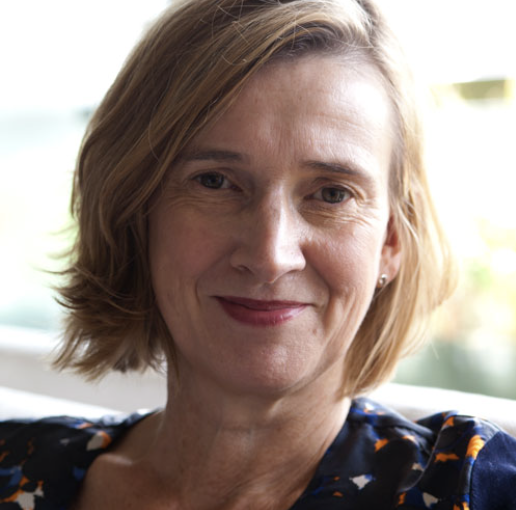In My Age of Anxiety: Fear, Hope, Dread and the Search for Peace of Mind Scott Stossel uses his own experience of chronic and debilitating anxiety to examine with clarity and charm a condition that is thought currently to affect 15 percent of people in the UK.
His authoritatively extensive review of the biological, cultural and environmental factors that produce anxiety begins with Hippocrates, dwells on Freud and his contemporaries and ends with the most recent findings of genetics and neuroscience.
He doesn't shy away from exploring Big Pharma and the pressures of business that have contributed to a diagnostic category that until thirty five years ago did not exist and yet today is the most common form of officially classified mental illness.
He meets head on accusations that what is now acknowledged as 'generalised anxiety' was once commonly thought of as shyness and should be treated no more seriously.
Despite holding down the job as editor of a prestigious news and cultural magazine in the US Stossel is often crippled by paralysing, sweat inducing, bowel loosening anxiety. Since childhood he's tried every kind of therapy, every type of pharmaceutical intervention. He admits to frequently resorting to self-medicating with alcohol in particularly stressful situations.
The author finds himself in a scatological situation involving John F. Kennedy Jnr and in fear of being arrested semi-naked by the Secret Service. This is not a dry textbook.
In the interests of throwing light on an often misunderstood condition Stossel courageously shares the most intimate experiences and reveals a family history of phobias and psychological problems that lead him to wonder if his condition and that of others in his situation might be genetic. He shares the heart stopping moment when he recognises in his six-year old daughter the same worries and phobias that have plagued him for decades.
The scope of My Age of Anxiety is wide and deep. When Stossel describes the seventeenth-century Oxford scholar Robert Burton's book The Anatomy of Melancholy as "an epic work of synthesis that ranges across all of history, literature, philosophy, science and theology" and praises Burton's ability to "objectify his subjective experience" he could be talking about the remarkable achievement of his own work and his own ability to use the personal to draw much wider conclusions.
Stossel is a witty guide through a complex narrative and there are passages in this learned yet accessible book that read like early Kingsley Amis. In perhaps the most memorable scene the author finds himself in a scatological situation involving John F. Kennedy Jnr and in fear of being arrested semi-naked by the Secret Service. This is not a dry textbook.
For some readers My Age of Anxiety has the potential to be a therapeutic book. What it should be is a set text for all those training to be therapists.

